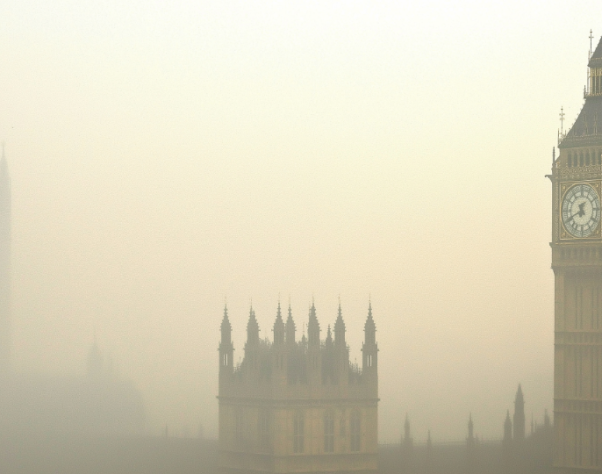IPCC report Climate Change 2021 – what does it mean for communicators?
Five actions the communications function can take now (and five to avoid)
If, like me, you have been reflecting on last week’s damning report from the Intergovernmental Panel on Climate Change, you have probably been experiencing a range of emotions. From anger, eco-anxiety and frustration to hope that this could be the burning platform – no pun intended – needed to get the serious action started.
We know that 2020 – 2030 is the decade of action, the 10-year period to achieve the UN Sustainable Development Goals and unlock US$12trillion in new business opportunity.
We know that we can’t start too soon, that – like saving for a pension – the earlier we take action the greater the impact (and in this context early is a very relative term).
We know that a lot has been said but it is increasingly evident that not enough has been done. In fact we are falling far short of the action needed to keep the earth within even the 1.5C temperature rise that will keep us just this side of a climate catastrophe.
But I’m not a scientist, or an engineer, an entrepreneur with a brilliant new technology or even a CEO with the power to change the business model. Fundamentally, I am a communicator and this is not a game of words but of action. But communication can play a powerful role in changing how people think and what they do.
So as communicators, let’s use our power:
- To make clear what needs to be done
- To inspire people
- To provide easy to follow guidance to enable them to take action
And to take that message as far and wide as we can.
Rather than focus on the negative emotions – or worse give up – let’s channel our energies into what we CAN do now and remind ourselves of what not to do.
Here’s my list of dos and don’ts. Hope they help!
Do
- Be realistic, honest and authentic. Understand the nature of the organisation you work for – what are its climate impacts (positive and negative) – and the actions it is taking now (not its longer-term targets) that will have most impact
- Focus on tangible examples which can inspire others to their own action or to join yours – they don’t have to be ‘the moon on a stick’ but they do have to be real
- Always look for the opportunity to connect with other organisations and with individuals to amplify your voice and increase your impact
- Put sustainability & climate at the heart of your message house and in the boilerplate
- Be brave
Don’t
- Hussle out a new long-term commitment (if it’s not backed by the science, resources and capabilities to deliver it)
- Make over-blown claims for what your organisation is doing
- Think you can do it alone – systems change thinking, collaboration and partnerships are the names of the game
- Use your power with words to delay the change that is so urgently needed
- Think you can’t make a difference



